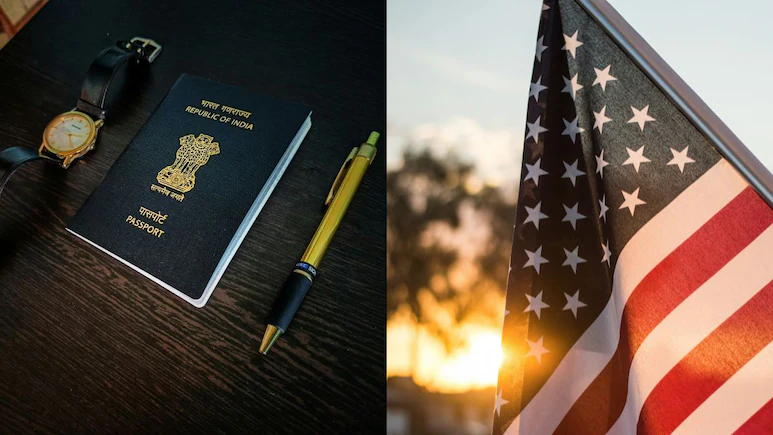WASHINGTON — The Trump administration has moved to calm confusion over its controversial $100,000 H-1B visa fee, announcing that the charge will not apply to international students or current visa holders already living in the United States.
In a long-awaited clarification issued Monday, U.S. Citizenship and Immigration Services (USCIS) confirmed that the new fee—announced under President Donald Trump’s September 19 proclamation—applies only to new H-1B petitions filed for workers outside the U.S. or for those who must leave the country before their petition is decided.
The guidance explicitly exempts students on F-1 visas who change their status to H-1B within the U.S., as well as employees on L-1 intra-company transfer visas and current H-1B holders extending their stay. These individuals can continue entering and leaving the country without restriction.
“The proclamation applies to new H-1B petitions filed on or after Sept. 21, 2025, for beneficiaries outside the United States who do not already have a valid H-1B visa,” the agency said, adding that employers will be required to use a new online payment portal for the $100,000 fee.
The move marks the first formal attempt by Team Trump to clarify how the sweeping order would be implemented. The fee, justified as a measure to “prevent abuse” of the H-1B program, has sparked backlash from U.S. tech firms and Indian companies that depend heavily on foreign talent.
While no broad industry exemptions have been announced, employers may request case-by-case waivers if they can prove the worker’s presence serves the U.S. national interest and no qualified American is available for the role.
The clarification provides major relief for Indian students and tech professionals in the U.S., who feared the fee could apply retroactively or block transitions from study to work visas.
Critics, however, say the administration’s broader strategy continues to discourage skilled immigration, warning that steep costs will deter innovation and strain U.S. industries already facing labor shortages.
Despite the latest guidance, immigration attorneys note that questions remain over how “national interest” exemptions will be judged—and whether further executive actions could expand the fee’s reach.


